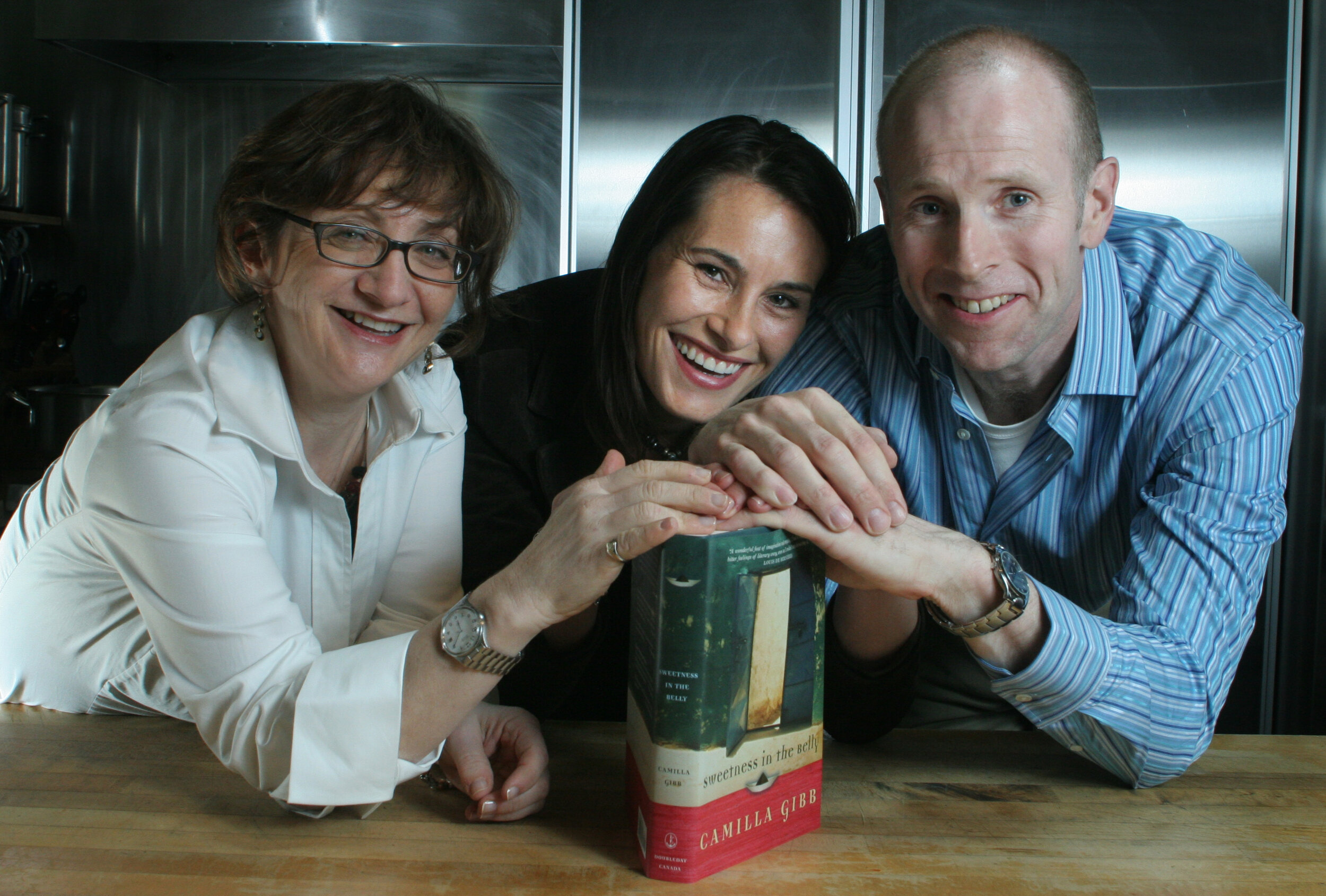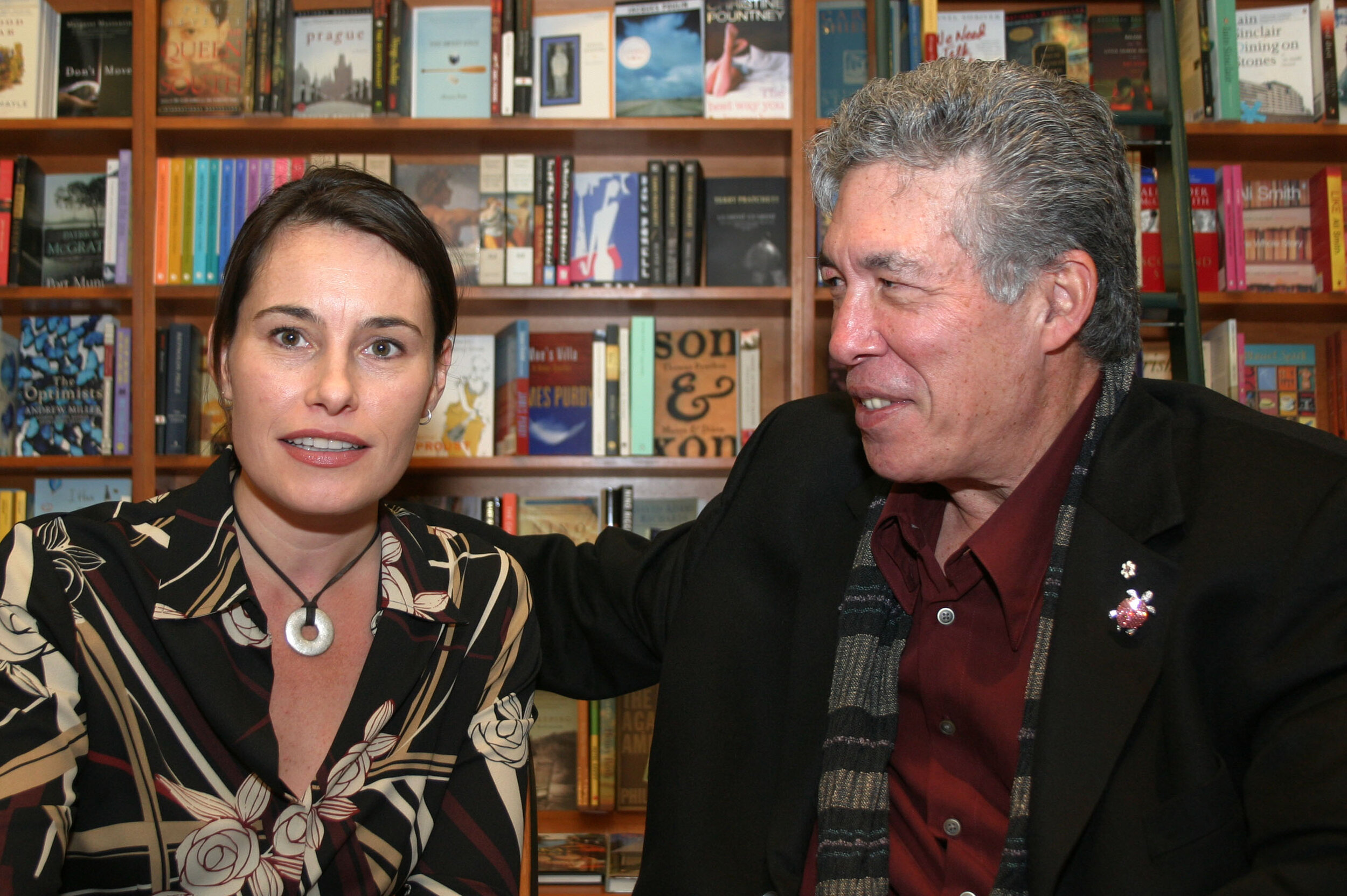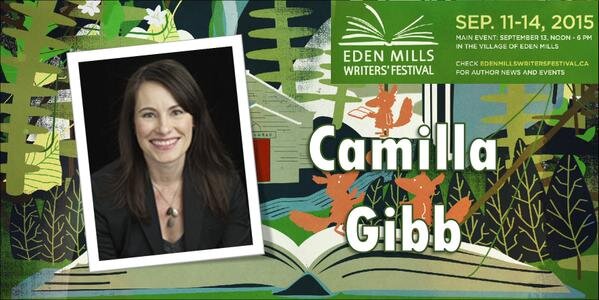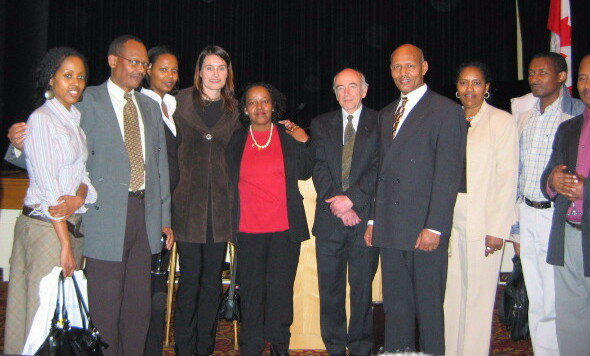Upcoming and, for the first time since this book came out during a pandemic IN PERSON
Read for the Cure, November 23rd, 2022, Toronto
Toronto Book Awards, November 16th, 2022
Watch: An interview with Shelley Youngblut of Calgary Wordfest’s “Imagine on Air”
Listen: An interview on CBC Radio’s The Next Chapter with Shelagh Rogers
Read: A profile in Nuovo Magazine by Tara Henley
Read: A profile by Marsha Lederman in the Globe and Mail
ONLINE EVENTS IN 2021:
Ottawa International Writers’ Festival
Toronto Public Library Salon Series - in conversation with Kamal Al-Solaylee
Oakville Public Library - in conversation with the Globe and Mail’s Ian Brown.
Calgary Wordfest - Imagine on Air
Bonnie Stern Book and Dinner Club
The Robertson Davies Lecture at the Kingston Writers Festival
THE GLOBE AND MAIL
New fiction from Camilla Gibb
by Marsha Lederman, MAY 6, 2021
For a long time, Canadian novelist Camilla Gibb worried she would never be able to write fiction again. The emotional collapse she experienced after being left by her wife weeks into Gibb’s pregnancy was profound and all-encompassing. Writing fiction, she feared, would be collateral damage.
“I really struggled with the idea of what we can hold onto as true because of events in my own life,” Gibb, the author of four previous novels, said in a recent interview from her home in Toronto. “And I began to distrust many things, including fiction. And what does it mean to distrust fiction? … You have to agree to collude in the fantasy that you’re being offered, in a sense, to participate in fiction, I think, as a reader. And I was unwilling as a reader and as a writer for some time to willingly participate.”
She recounted these events in This Is Happy, her searing 2015 memoir. “Writing once fulfilled so many needs that could not otherwise be met. I am bereft without it,” she wrote.
Writing the memoir was one thing, but creating new fiction was a different story. Still, Gibb managed to write another novel – a testament to resilience, the human spirit, the craft that drives her. It took her six years – the longest it has ever taken her to write a book – but The Relatives was published this spring.
“You will note that my last work of fiction came out 10 years ago. And you will note that I have a 10-year-old child,” she says.
Like her memoir, The Relatives draws inspiration from Gibb’s own experience of motherhood.
The novel follows three separate stories: those of Lila, Adam and Tess.
Lila is a Toronto social worker with a marred record who is nonetheless assigned a challenging case. Robin, as the authorities have named her, was found wandering in her pyjamas in High Park months earlier. And she hasn’t spoken a word. A dental exam reveals she is about 11. Lila, who is dealing with her own grief – the sudden death of her (adoptive) mother – finds a way to communicate with Robin: through music. She becomes invested in Robin’s case – maybe too invested. Which had been her professional downfall previously.
Adam is a U.S. operative – a spy – assigned by the State Department to a refugee camp in Ethiopia, where, undercover as an interim deputy logistics co-ordinator named Daniel, he is investigating rumours that militant recruiters posing as refugees had infiltrated the camp. Then a dangerous thing happens: he falls in love. Sofie is a pediatric nurse specializing in HIV and AIDS. Caring for her makes him vulnerable – with severe consequences.
When we meet Tess, she is on a Greek Island for a summer visit with her seven-year-old son, Max. Tess, an academic, studies isolated islands – but she has a familial connection to this one. They are preparing to return to Toronto when Tess hears from her ex, Emily – Max’s other mom. Emily would like Max to have a sibling. And there are still some frozen embryos from when Tess and Emily were together.
Linked in a way I don’t want to give away (although the jacket’s inside flap spoils it – so don’t read it!), the three stories are each compelling. So when it’s time to move onto the next, there is a moment of withdrawal before quickly becoming engrossed in the next tale.
A central question is: What does it mean to parent? And, as Lila thinks at one point: “What is the point of a human life unrelated to any other human life?”Even with her own experience to draw from, Gibb found the return to writing fiction to be a struggle. “You’ll notice this was a short book. And I can’t say it was easy,” says Gibb, 53.
“It was a very different process from any other book I’ve written,” she continues. “It was really slow. Every word has to matter. I think it’s not economical exactly. It’s spare, but deep. And it feels true to me, which is a funny thing to say. These people feel very real to me. … It’s probably true that apart from my very first novel, which is also short, that the characters have never felt so real. So maybe that was the truth I was seeking in writing it. But it was not easy to get it out of me.”
Gibb was nearing the final editing stage of the project when the pandemic shut down the world last year. Had COVID-19 hit at a different point, this book might never have been born. Again, she has had no appetite for fiction – writing or even reading it.
“I think had I been at an earlier stage, had I not been able to see the end, had I not known there was a publication date, were we not heading into the nitty-grittier editing, I think I just would have had to walk away. And would I have come back to it? I don’t know,” she says. “Because I’m not really reading fiction; I have no impulse to write it.”
Gibb has been exercising her creativity during the pandemic by making collages that she has been sharing on Instagram. Clever, whimsical – and sometimes dark – they have offered her an outlet and a creative project to embark upon with her daughter, who has been home from school for much of the past year.
With a child at home, writing fiction became impossible once again. “The idea of divorcing myself from this reality and going into another imagined landscape, it’s not really an option,” she says. “The best I can do creatively is take a pair of scissors and a glue stick – something I can do when a child is in the space or I’m worrying about whatever it is I’m worrying about, whatever pedestrian thing to get us through the day. That’s the only way I’ve been able to tap into some other way of seeing.”
UPCOMING EVENTS…
All online for the time being.
Friday March 26th, 12 p.m. Ottawa International Writers’ Festival
Wednesday April 7th at 7 p.m. Toronto Public Library Salon Series - in conversation with Kamal Al-Solaylee
Tuesday April 13th at 7 p.m. Oakville Public Library - in conversation with the Globe and Mail’s Ian Brown.
Tuesday June 8th 7 p.m. Calgary Wordfest - Imagine on Air
Tuesday May 25th, 7:30 p.m. Bonnie Stern Book and Dinner Club
June 5th 10:00 a.m. Alice Munro Festival
Friday Sept 24th 7 p.m. The Robertson Davies Lecture at the Kingston Writers Festival
October 14th-17th Whistler Writers’ Festival - details tba







